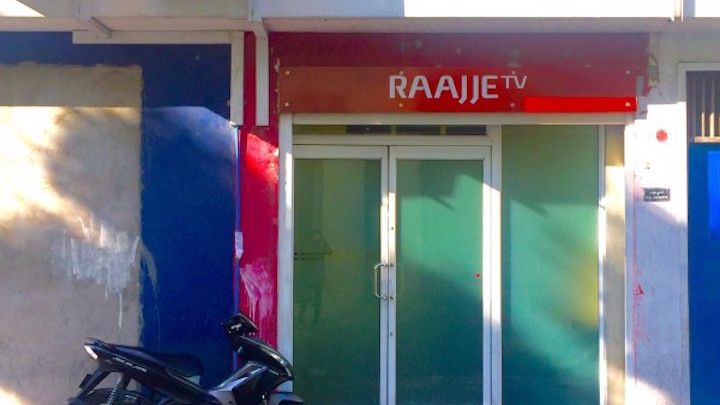Raajje TV journalists denied monitor passes by elections commission
The elections commission rejected applications from 32 Raajje TV journalists to monitor Saturday’s local council elections and report from inside polling stations with accredited passes.

06 May 2017, 09:00
The elections commission rejected applications from 32 Raajje TV journalists to monitor Saturday’s local council elections and report from inside polling stations with accredited passes.
Hussain Fiyaz Moosa, the opposition-aligned station’s chief operating officer, told the Maldives Independent that the commission claimed it did not receive the application forms.
“But we’d applied online and got a reply. Sixteen of the forms were rejected because of different issues like grainy photos, incomplete forms,” he said.
Fiyaz said the forms were resubmitted after correcting the problems but were rejected again.
Become a member
Get full access to our archive and personalise your experience.
Already a member?
Discussion
No comments yet. Be the first to share your thoughts!
No comments yet. Be the first to join the conversation!
Join the Conversation
Sign in to share your thoughts under an alias and take part in the discussion. Independent journalism thrives on open, respectful debate — your voice matters.




